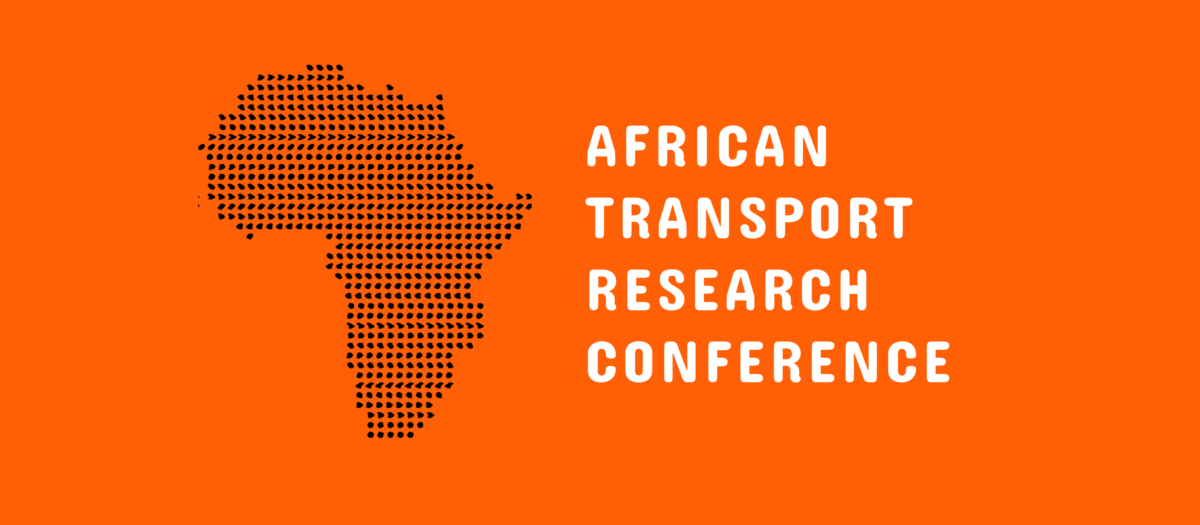How to communicate your research – watch recording from MAC NextGen Research Forum with Gabi Nudelman
On 27 September Gabi Nudelman was invited to present at MAC NextGen research forum, and share her insights on how to communicate your research and reach a wider impact. It was a highly appreciated session and if you couldn’t make it, we recommend watching the recording and Gabi Nudelmanns slides! To be found below. Gabi


